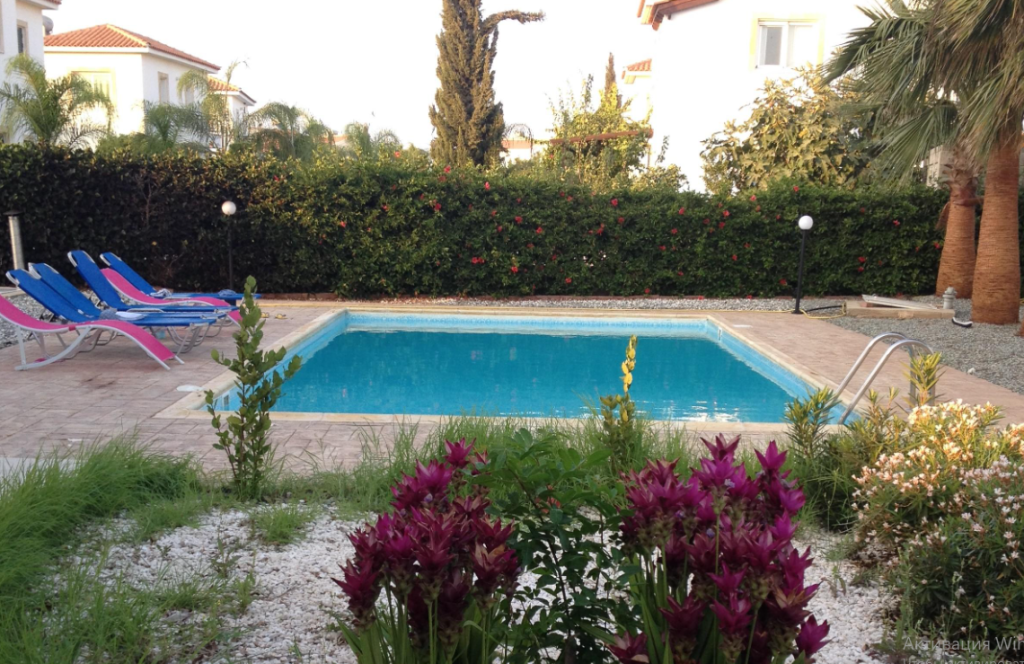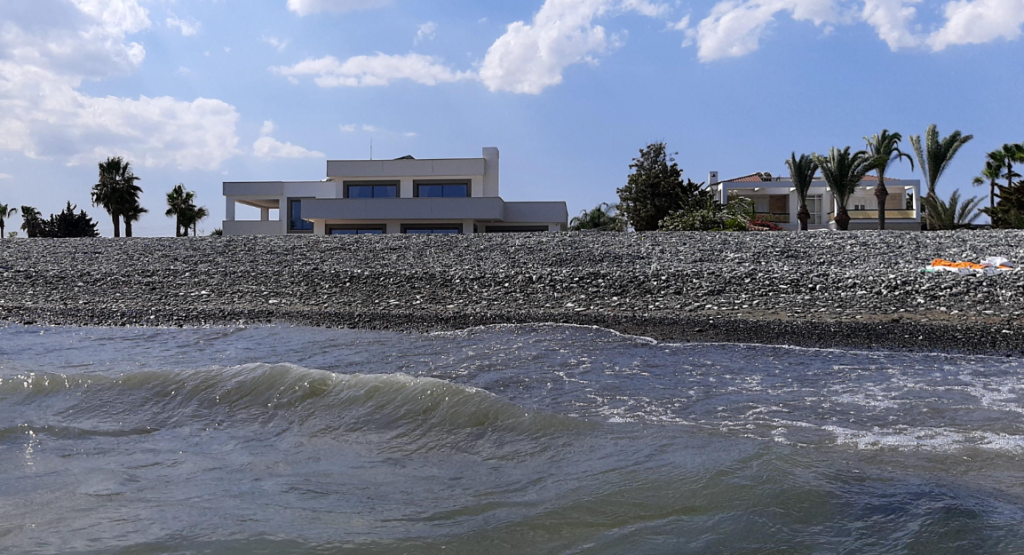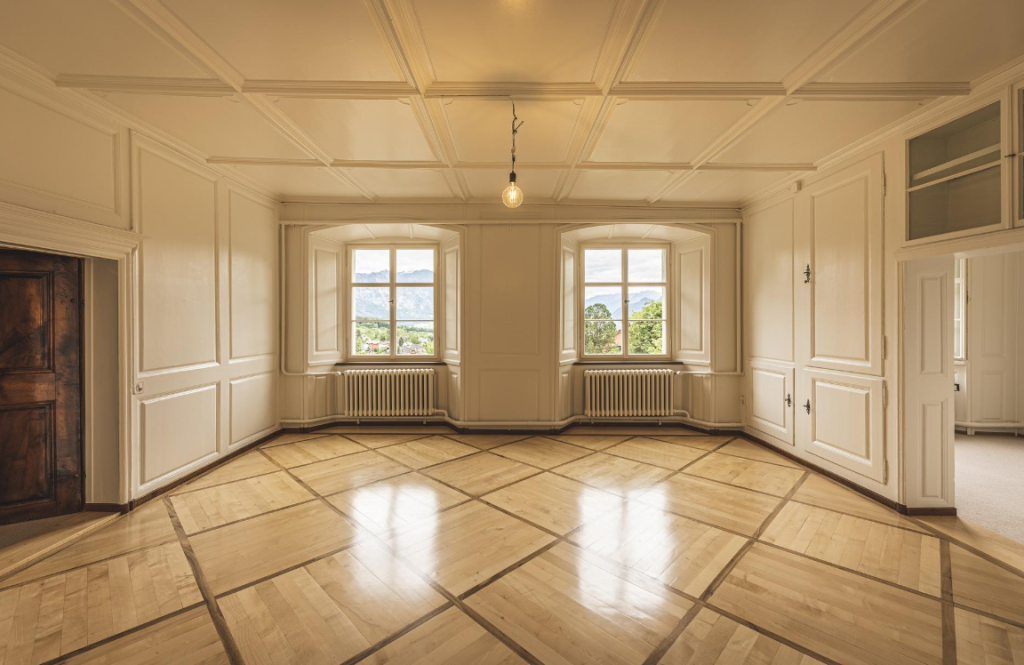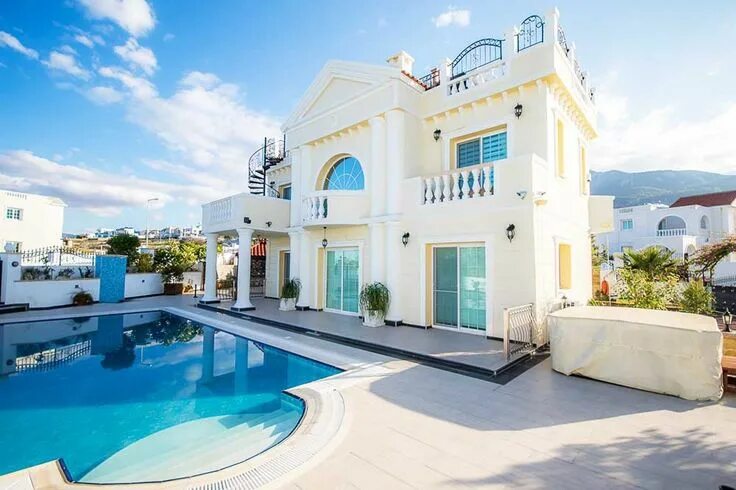- Content
Renting accommodation in Cyprus for foreigners is a multifaceted process due to a combination of local legislation, economic conditions and cultural sensitivities. Let’s take a closer look at the key aspects of this issue.
Legal framework and requirements for tenants
Foreign nationals planning to rent accommodation in Cyprus are required to comply with local laws and regulations. According to the migration legislation of the Republic of Cyprus, non-European Union citizens are required to obtain a residence permit (LPR) in order to stay in the country legally. One of the conditions for obtaining a residence permit is the presence of a confirmed place of residence, which can be provided through a lease or ownership of real estate.
To apply for a residence permit, you must provide a valid passport, a certificate of criminal record, medical certificates and proof of financial solvency. In addition, a document confirming the availability of housing is required – it may be a lease or purchase agreement for real estate. Thus, renting a house becomes an integral part of the process of legalization of a foreigner’s stay in Cyprus.

Lease procedure and types of agreements
Searching for real estate: methods and recommendations
The rental process begins with finding a suitable housing option. Foreigners have several main ways of finding a property:
- Real estate agencies: This is the most reliable way of searching, as agencies work with proven properties and tenants. However, their services are paid extra (usually the commission is 1 month’s rent).
- Online platforms: In Cyprus popular real estate websites such as Bazaraki.com, Facebook Marketplace, Cyprus Property Portal, where you can find both private and agency listings.
- Local classifieds and newspapers: You can find current offers in print media and on city notice boards (especially in larger cities).
- Personal contacts and recommendations: In smaller towns and tourist areas, accommodation is often rented through word of mouth, so you can ask for recommendations from locals or expats.

What to look for when choosing a home?
Before signing the contract, it is important to pay attention to:
- The legal status of the housing – make sure that the landlord has documents for the right to own the property. In some cases, there are problems with ownership rights, especially if the housing is purchased with a mortgage.
- Utility bills – in Cyprus, electricity, water and internet are charged separately and the amounts can vary depending on the season. For example, during the hotter months, electricity bills can increase significantly due to air conditioning.
- Neighborhood and infrastructure – it is important to consider transportation accessibility, stores, medical facilities and other amenities.
- Housing condition – if the rented apartment or house needs repairs, you should immediately agree with the owner who will pay for it.

Property inspection: important details
Before signing a lease, it is important to conduct a thorough inspection of the property. Especially if the contract is for a long period of time, it is worth checking the following:
- The condition of the plumbing and electrical wiring – in Cyprus there may be problems with the water supply, and in older houses with the electrics.
- Presence of mold – due to Cyprus’ humid climate, some homes may have mold problems, especially in winter.
- Window frames and doors – if they are old, it can be cold in the winter and hot in the summer.
- Air conditioning working – as summers are hot in Cyprus, air conditioning is a necessity.
📌 Совет: Take photos of the property before signing the contract to avoid future disputes with the owner about the condition of the property.
Conclusion of a lease agreement
Basic terms and conditions of the agreement
A tenancy agreement in Cyprus (Tenancy Agreement) must include:
- The term of the tenancy – the standard period is 6 months or 1 year, but other options are possible (short or long term tenancy).
- The amount of rent – usually rent is paid monthly, advance payments are possible.
- Deposit (security deposit) – in most cases is between 1 and 2 months rent and is returned at the end of the term if the property is not damaged.
- Utility payments – the agreement should include a clause about who pays for water, electricity, internet and gas.
- Responsibility for repairs – defines who should pay for repairs in case of breakdowns.
- Termination clauses – a standard 1-2 month notice of the end of the lease should be given.
Registration of the contract
In Cyprus, there is no mandatory requirement to register a lease agreement with the authorities, but it is recommended to do so to protect the rights of the tenant.
Registration is possible with the following authorities:
- Department of Lands and Surveys – registration of the agreement protects the tenant from unjustified eviction.
- Cyprus Revenue Authority – if the contract is officially registered, the tenant can use it as proof of residence for tax purposes or to obtain a residence permit.

Types of rentals in Cyprus
Short term rentals
- Suitable for tourists and seasonal workers.
- The contract is usually for a period of 1 week to 6 months.
- Most often rented through platforms like Airbnb or Booking.com.
- The cost of renting is higher than for long-term stays.
📌 Important: In resort areas such as Limassol and Ayia Napa, rentals can be many times more expensive during the summer season.
Long term rentals
- Suitable for foreigners who plan to live in Cyprus for a long period of time (students, working expats, retirees).
- The term of the contract is from 6 months to several years.
- Prices are lower than short term rentals.
📌 Tip: It is more advantageous for tenants to enter into long-term contracts as the rental price is fixed, unlike short-term rentals where the price can vary depending on the season.
Financial and tax aspects
- Rent:The price varies from region to region:
- Limassol – the most expensive rent (1-bedroom apartment: 800-1000 euros/month).
- Nicosia – cheaper (500-700 euros/month).
- Paphos and Larnaca – more affordable options (400-600 euros/month).
- Utilities: On average, electricity, water and internet costs 100-200 euros per month.
- Rental tax: Property owners who rent out their homes must pay tax (up to 3% of income).
Practical advice for tenants
✅ Contact a trusted agent to avoid fraud.
✅ Study the contract carefully – especially the terms of deposit return and possible penalties.
✅ Check the condition of the property – record any damage so that you don’t have to pay for someone else’s problems later.
✅ Consider neighborhoods in advance – rental costs vary greatly depending on location.
📌 Conclusion: Renting accommodation in Cyprus is a convenient and affordable option for foreigners, but requires a careful approach to the choice, signing a contract and taking into account all the associated costs.
Financial aspects and market trends
The cost of renting accommodation in Cyprus varies depending on several factors.
- Location: Housing in large cities such as Nicosia, Limassol and Larnaca is usually more expensive compared to smaller communities.
- Property type: Renting apartments is cheaper than renting private houses or villas.
- Condition and equipment: Modern and fully furnished properties are more expensive.
According to the real estate market, the average cost of renting a one-bedroom apartment in the center of Limassol is about 800-1000 euros per month, while similar housing in Paphos can be found for 600-800 euros.
Renting real estate in Cyprus is a multifaceted process, including not only the search for housing, but also legal, financial and domestic nuances that are important for foreigners to consider.
Importance of legal literacy
✔ Understanding Cyprus law – foreigners should be aware of migration regulations, the need for a residence permit and possible restrictions on long-term leases. Although it is not compulsory to register a rental agreement, it is recommended for additional protection of the tenant.
✔ Strict adherence to the contract – the rental agreement should be drafted clearly and correctly, specifying all details: terms, payment terms, obligations of the parties and termination procedures. It is advisable to obtain legal advice before signing.
Differences between short-term and long-term leases
✔ Short-term rentals are more expensive and less profitable for those who plan to stay in Cyprus for more than 6 months. It is most often used by tourists and seasonal workers.
✔ Long-term rentals provide an opportunity to lock in a lower price and avoid seasonal fluctuations. It is suitable for students, working foreigners, pensioners and those who plan to apply for a residence permit.
Main risks and ways to minimize them
✔ Unscrupulous landlords – it is important to check the housing documents, avoid verbal agreements and do not hand over money without official confirmation.
✔ Problems with the condition of the apartment – before moving in, it is necessary to fix the current condition of the apartment (photo, video) and specify the terms of repair in the contract.
✔ Excessive prices for foreigners – it is recommended to study the market prices before renting, as well as to negotiate the price for a long term, especially in resort areas.
Renting accommodation in Cyprus is a profitable and convenient option for foreigners, but it requires careful preparation and knowledge of local realities. A competent approach to choosing a neighborhood, understanding the terms of rent and legal awareness will help to avoid problems and create comfortable conditions for living.
Renting accommodation in Cyprus for foreigners: rules and tips







